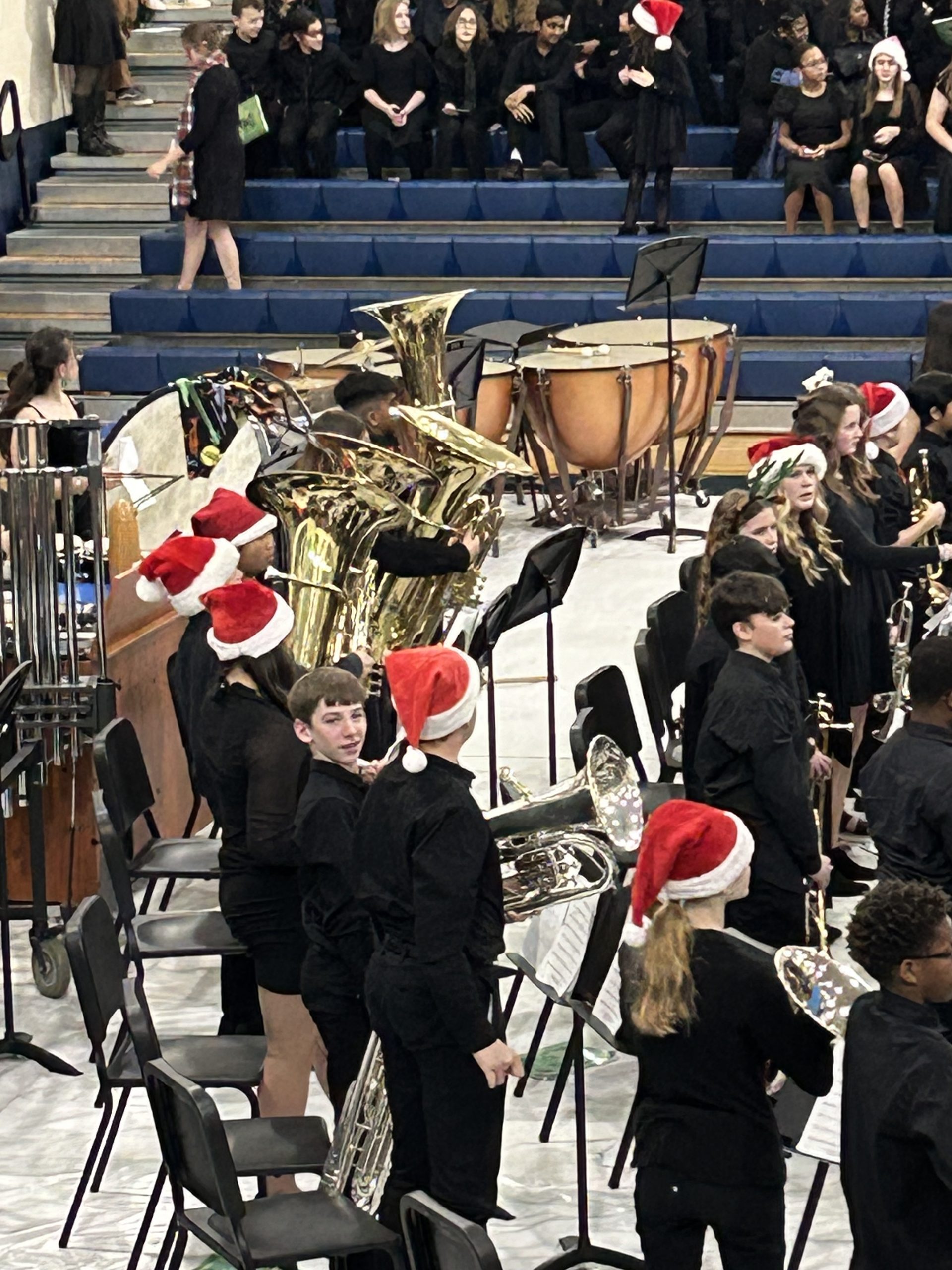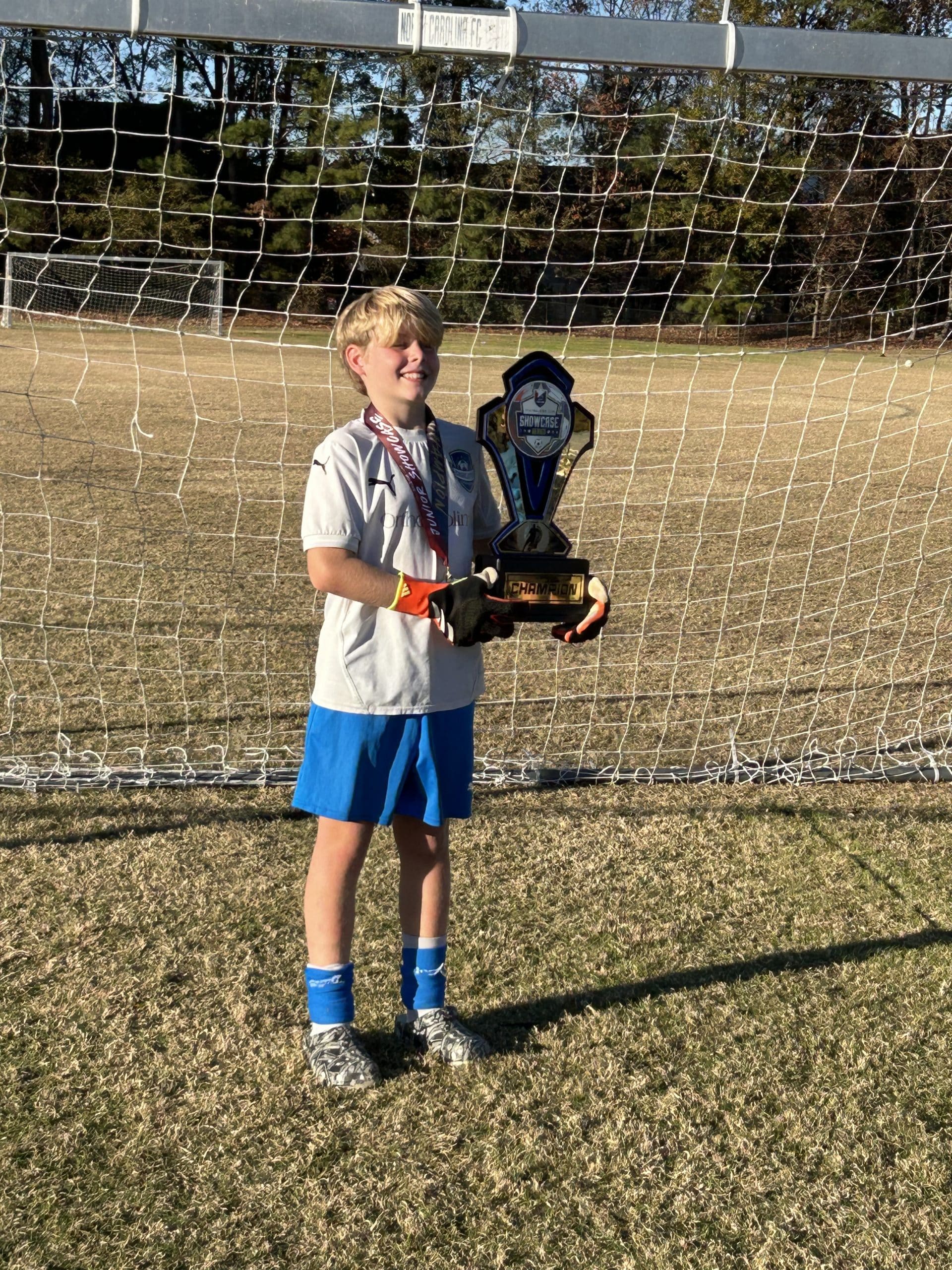School Prayers continue as a controversial issue in the schools. Many believe prayer in school will curb violence, drug abuse, and other behavioral problems in public schools. However, public schools receive tax dollars from many individuals. These individuals have a variety of religious beliefs. Public schools have students from diverse backgrounds. Thus, as ruled by the U.S. Supreme Court, prayer, including student-led prayer, is a violation of the First Amendment. In 1962, the Supreme Court continued to rule against school-sponsored prayer but permitted voluntary student-initiated religious discussions and prayer.
School Prayer Rights
Public school students have the right to pray. They can pray individually or in groups as long as it is not disruptive to other students or interferes with their rights. Some schools allow students to form religious clubs or permit students to pray quietly before a test.
Recently, many states have supported Christian prayer in schools. It is a means of conversing with God. Prayer is a common practice found in all religions, as well as among non-religious individuals. However, the ways of worship vary within religions. Some religious groups use their own words to pray, and others use a scripted prayer by someone else. Most Christians pray to God. Others may pray to an ‘enlightened being’, or to the Great Spirit. No matter who prays, it is personal to the individual.
Recently, it has been reported that the Department of Education plans to issue guidance to protect the rights of prayer in public schools. According to the Pew Research Center, “46% said teachers in public schools should not be allowed to lead students in any kind of prayer, 30% said teachers should be allowed to lead students in Christian prayer, 23% said neither, nor that they had no opinion.”
The right to pray is protected by the Constitution and the Elementary and Secondary Education Act. This requires schools to certify that there is “no policy that prevents, or otherwise denies participation in, constitutionally protected prayer in public elementary and secondary schools”. This is a condition for schools to receive federal funds.
Reasons to Say No to School Prayer
Prayer in public schools is unconstitutional and violates the separation of church and state. Public schools focus on students’ education, not on converting students or on praying. This responsibility should be left to parents, religious schools, or specific charter schools.
The public school teacher is not trained to initiate any prayer, silent reflection, or to answer any questions from students that would arise from the process. Teachers and principals have too much on their plates in the daily activities of educating students. Presently, some form of prayer exists quietly and privately in the hearts of all.


